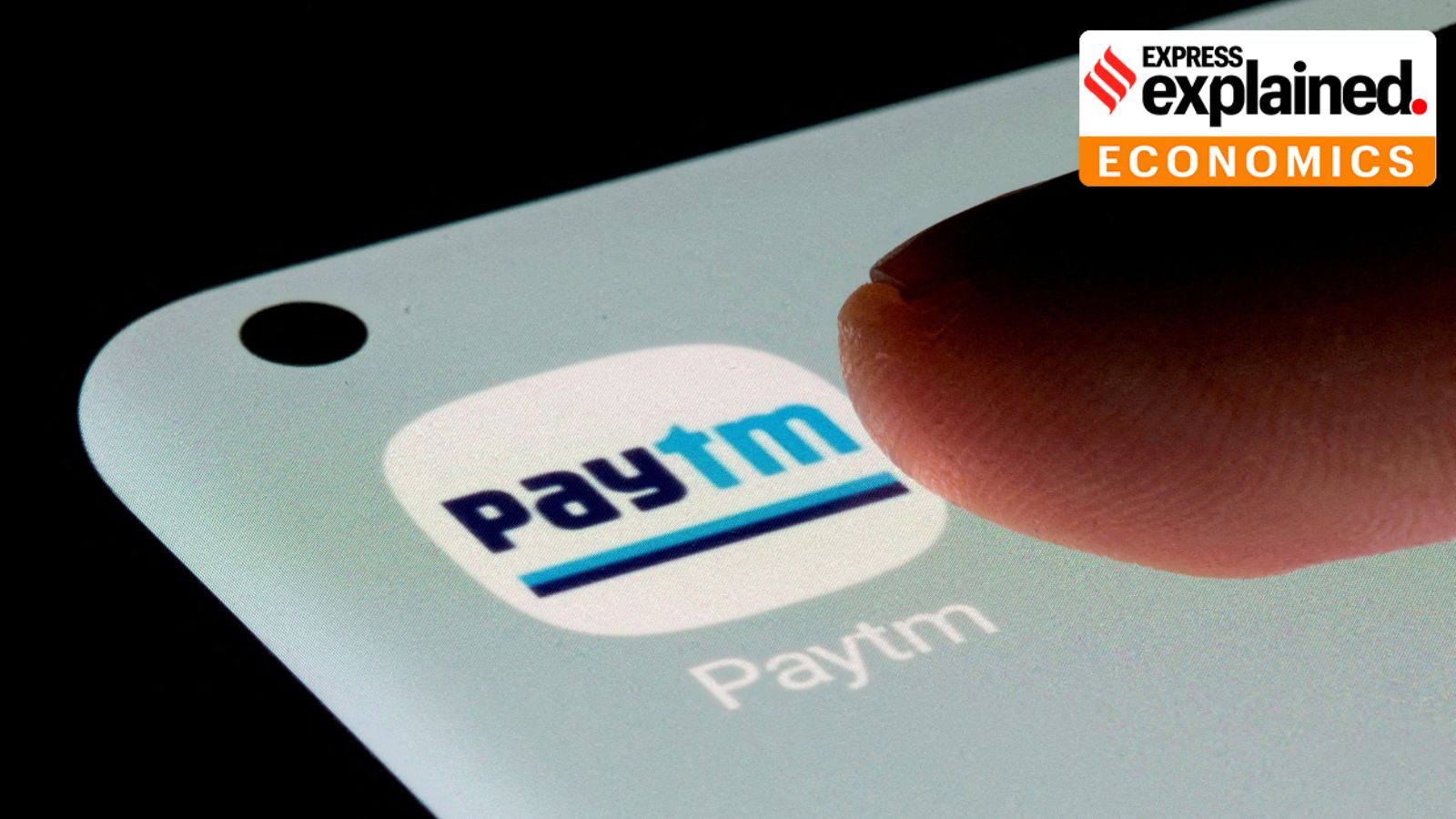The Reserve Bank of India (RBI) has asked the National Payment Council of India (NPCI) to examine the request of One97 Communications’ (OCL), which owns Paytm, to become a Third-Party Application Provider (TPAP) for continued Unified Payments Interface operation of the Paytm application.
A TPAP approval is mandatory to provide UPI-based payment transactions to customers. Currently, all UPI transactions on the Paytm app are being routed through Paytm Payments Bank (PPBL), an associate company of OCL, which is registered as TPAP.
As the RBI has asked the PPBL to shut its operations by March 15, 2024, there will be no TPAP registration for the Paytm app to be able to provide UPI payment services.
What is a TPAP?
A Third-Party Application Provider is an entity that provides the UPI compliant app(s) to the end-user customers to facilitate UPI-based payment transactions. These applications could be mobile wallets, merchant apps, or any other platform that utilises UPI for payments.
NPCI, the umbrella organisation for operating retail payments and settlement systems in India, owns and operates the UPI platform.

TPAPs leverage the UPI infrastructure provided by NPCI and work with payment service providers (PSPs) and banks to facilitate transactions. They are responsible for ensuring that their applications adhere to security standards and compliance guidelines set by NPCI.
What has RBI said?
Last month, the RBI barred Paytm Payments Bank from accepting deposits or top-ups in any customer account, prepaid instruments, wallets, FASTags and NCMC card after February 29, 2024, in the wake of persistent non-compliances. The deadline was later extended by 15 more days to March 15.
As the Paytm Payments Bank cannot accept further credits into its customer accounts and wallets after March 15, the RBI, on February 23, announced some steps to ensure seamless digital payments by UPI customers using ‘@paytm’ handle operated by the PPBL.
It directed NPCI to examine the request of OCL to become a TPAP for the UPI channel for continued UPI operation of the Paytm app.
What happens if OCL gets TPAP approval?
For Paytm, TPAP approval from NPCI is a must to continue to provide UPI-based payment transactions facility to customers.
The RBI said in case NPCI grants TPAP status to OCL, ‘@paytm’ handles will have to be migrated in a seamless manner from Paytm Payments Bank to a set of newly identified banks to avoid any disruption.
OCL will not be allowed to add new users until all the existing users are migrated satisfactorily to a new handle, the regulator said.
“For seamless migration of ‘@paytm’ handle to other banks, NPCI may facilitate certification of 4-5 banks as PSP banks with demonstrated capabilities to process high volume UPI transactions,” the RBI said. This is to minimise concentration risk in the UPI system by having multiple payment app providers. As per NPCI regulations, large TPAPs have to mandatorily participate in UPI through a multibank model only.
However, the RBI clarified that the migration of UPI handles is applicable only to those customers and merchants who have a UPI handle ‘@Paytm’. For others having a UPI address or handle other than ‘@Paytm’, no action would be required to be taken.
How many TPAPs are there?
Currently, there are 22 NPCI-approved 3rd party Unified Payments Interface (UPI) apps that can be used to send and receive money from other UPI users by using UPI IDs. They include Amazon Pay, Google Pay, Groww, Jupiter Money, Mobikwik, Phonepe, Samsung Pay, TataNeu and Whatsapp.

Omprakash Tiwary is a business writer who delves into the intricacies of the corporate world. With a focus on finance and economic landscape. He offers readers valuable insights into market trends, entrepreneurship, and economic developments.



